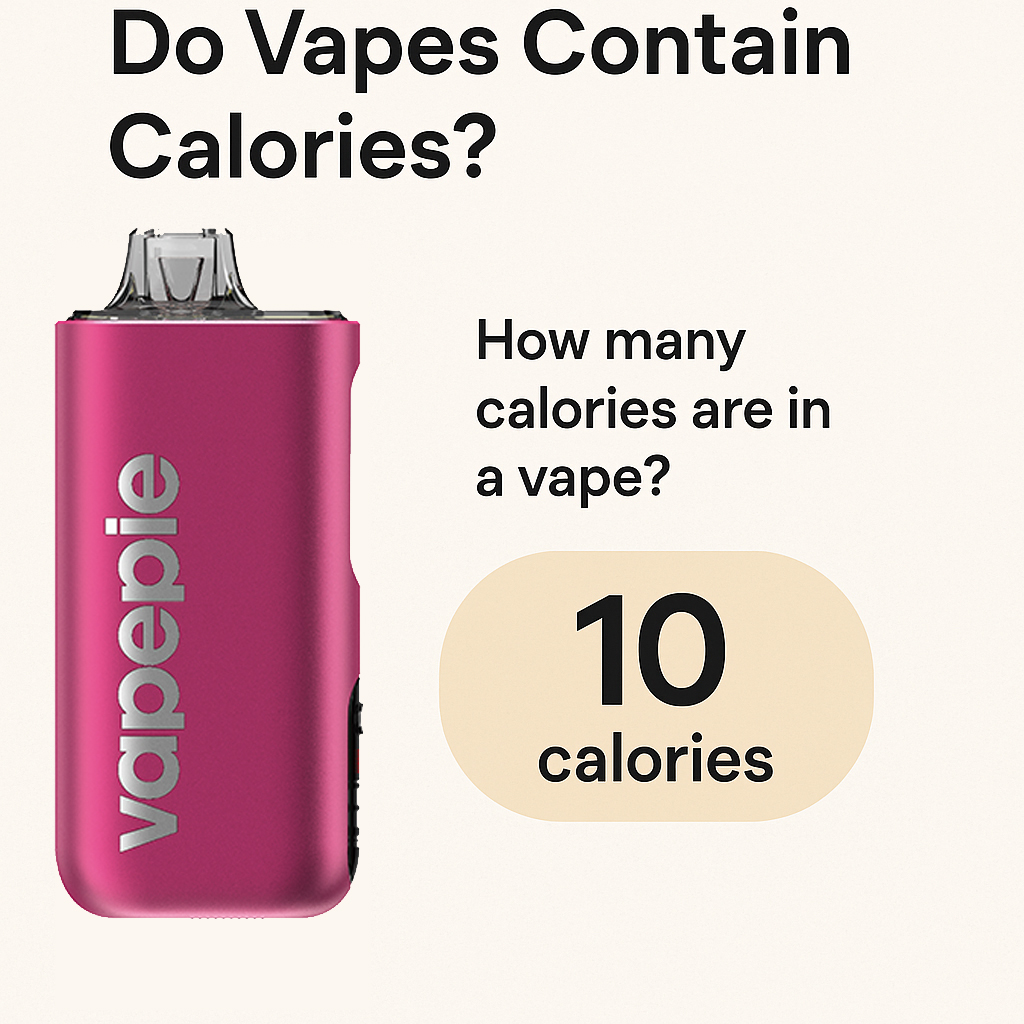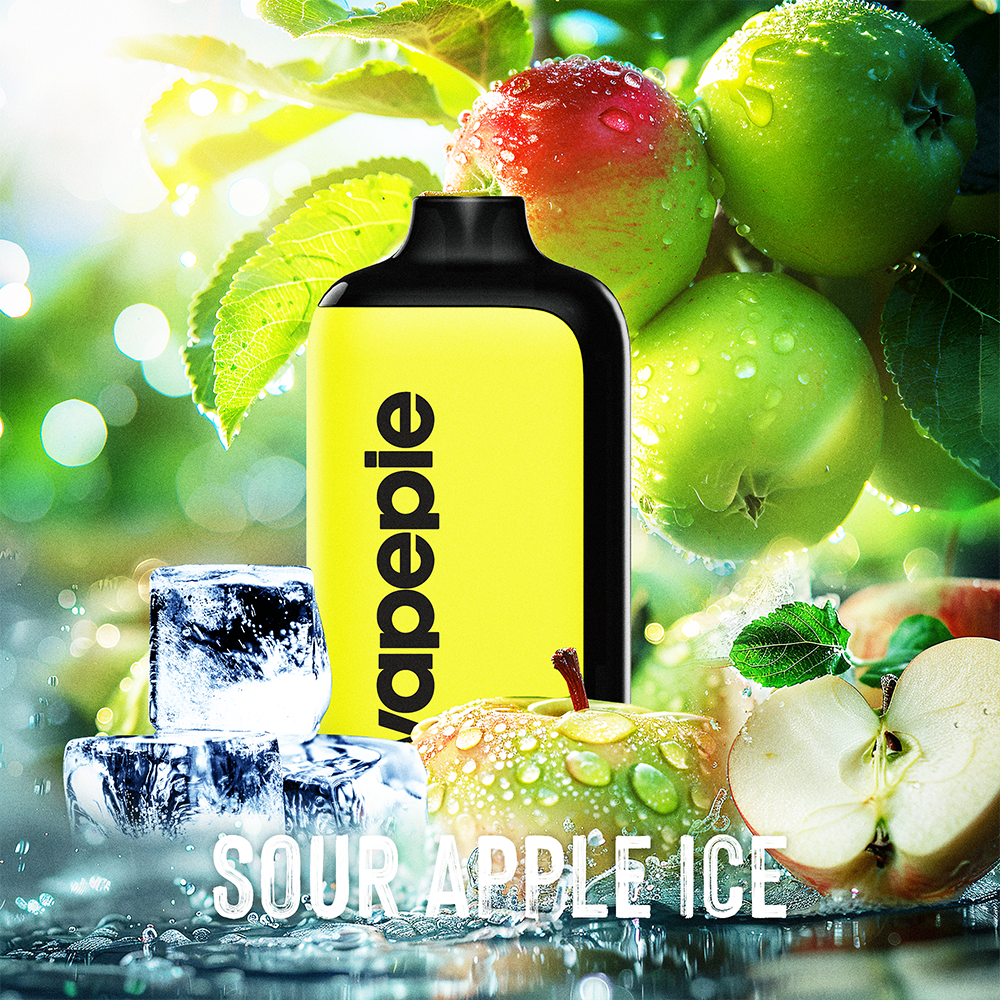
ARE YOU OF LEGAL VAPE AGE?
Please confirm that you are of legal age to purchase vaping products to access our site.

Please confirm that you are of legal age to purchase vaping products to access our site.
Some items are no longer available. Your cart has been updated.
This discount code cannot be used in conjunction with other promotional or discounted offer.
In today’s health-conscious world, where maintaining a balanced weight is a priority for many, it’s natural for both experienced vapers and newcomers to ask: “Do vapes add calories to my diet?”

While vaping is often seen as a less harmful alternative to smoking, some people wonder whether the flavored e-liquids in disposable vapes could contribute to weight gain. Let’s take a closer look at what science and product composition tell us.
Yes — e-liquids do contain calories, but the amount is very small and unlikely to have any measurable effect on your daily caloric intake.
Most of the calories in vape juice come from its base ingredients, not the flavorings or nicotine. In practice, the calorie content is so minimal that it is generally considered nutritionally insignificant.
E-liquids are typically made from:
Both PG and VG contain calories — roughly 4 calories per milliliter — but they are inhaled as vapor rather than ingested, meaning the body absorbs far fewer calories than it would from eating or drinking the same substances.
If we calculate based on the raw ingredients:
However, since vaping involves vaporization rather than ingestion, the actual calorie absorption is extremely low. The small amount that does reach your system is negligible compared to your daily dietary needs.
Nicotine itself contains no calories, but it can influence body weight in other ways:
This is why some people experience mild weight loss after switching from smoking to vaping — but it’s due to nicotine’s effect, not the calorie content of vape juice.
⚠ Important: Using nicotine as a weight-loss tool is not recommended due to its addictive nature and potential cardiovascular risks.
Disposable vapes typically contain 2–10 mL of e-liquid. Based on VG/PG content:
For perspective, walking for 30 seconds can burn about 10 calories — meaning the caloric impact of vaping is practically insignificant.
From a nutritional standpoint, vape calories are too small to meaningfully affect body weight. For example:
That said, the real health considerations with vaping relate to nicotine addiction and potential lung or cardiovascular risks, not calorie intake.
If you are monitoring your calorie intake for medical or personal reasons, it’s worth being aware of vape calorie content, but it should not be a major concern. Always consult a healthcare professional for personalized advice, especially if you have metabolic or dietary restrictions.

Comment